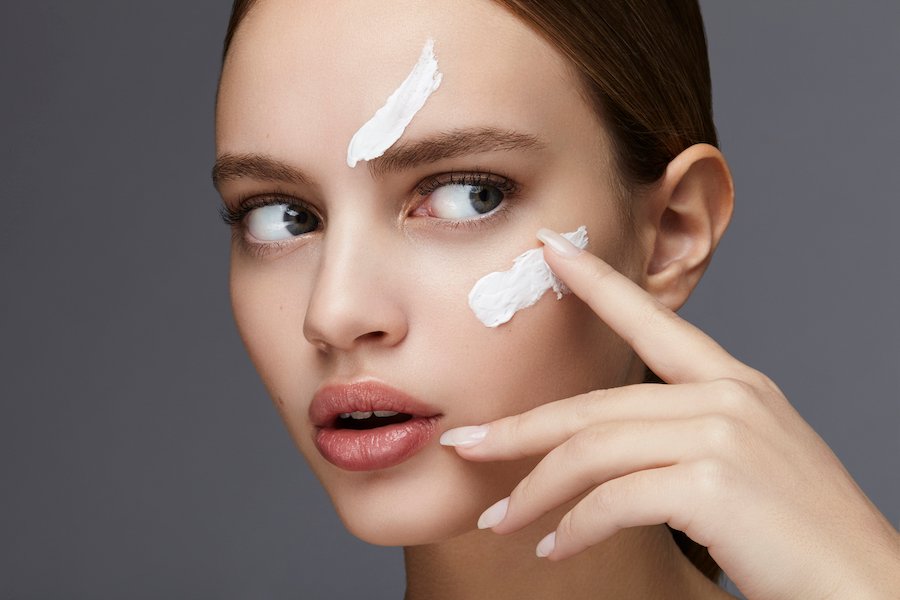DUBAI: During the holy month of Ramadan, the sudden shift in what and when people eat, coupled with lower water intake, can cause the skin to lose moisture and elasticity, making it appear dull and tired.
But fasting does not mean skin should go hungry. Arab News spoke to dermatologists Dr. Eman Kotb from Dubai’s Medcare Hospital and Dr. Umesh Nihalani from Dubai London Clinic to find out how to keep the dermis healthy and glowing, even during Ramadan.
Kotb said: “Fasting can leave your skin dry, dull and even accentuates wrinkles due to a lack of hydration. There is a strong link between a higher water intake and healthy skin. It’s important to hydrate during the hours you are not fasting as your skin is made up of cells that need water to function properly.”
Nihalani recommended drinking two liters of water a night. And external hydration was just as important as internal. Both doctors pointed out the need for a good moisture-rich formula to slather on the skin during fasting and non-fasting hours.
An ultra-hydrating moisturizer is necessary during Ramadan. File/Getty Images
“Opt for a non-greasy moisturizer with a high SPF (sun protection factor) that’s suitable for your skin type,” Nihalani said.
“Meso fillers are also an excellent option for maintaining hydration in the lips and skin. Plus, they can be done during fasting and non-fasting periods.”
Kotb added: “Look for ingredients that contain vitamins C and E for skin rejuvenation and radiation.”
Fasting can also lead to dry, chapped lips. Nihalani advised wearing a lip balm formulated out of nourishing, natural ingredients such as beeswax and vitamin E to prevent cracking.
Meanwhile, foods can also affect general skin health. “Refined carbohydrates have poor nutritional value and increase bad bacteria in the gut, which could result in acne,” Kotb said. “It’s important to avoid or cut back on processed sugar, which plays a contributing role in premature aging.
“Avoid salty snacks as well, as salt causes your body to retain more water, which can make you look bloated and aggravate skin conditions such as acne.
“Instead, opt for a diet that’s rich in fruit and vegetables to help boost the vitamins and antioxidants in your body and keep your skin hydrated during Ramadan,” she added.
Caffeine, processed food, and saturated fats should also be restricted, added Nihalani. However, he said fasting had plenty of beauty benefits too.
“The first few days of Ramadan is when the body starts its cleansing process. After a few days, the skin along with the body’s other organs, starts to heal when blood cells get in activation mode.
“Once the healing process is back on track, one can observe the inflammation in the skin getting better, pigmentation starts to improve, and the skin starts to glow,” he added.
Kotb said: “Fasting also leads to higher levels of purines and pyrimidine in the body, which in turn increases the level of antioxidants that are responsible for helping to improve overall skin health.”
She noted that abstaining from food and drink between iftar and sahoor could also help turn back the clock for skin. “When sugar intake is too high, it can result in dry skin and even cause collagen damage.
“While collagen does need sugar to do its job properly, increased blood sugar levels lead to glycation, which makes collagen lose its ability to keep skin firm, and ultimately speeds up the aging process.”

